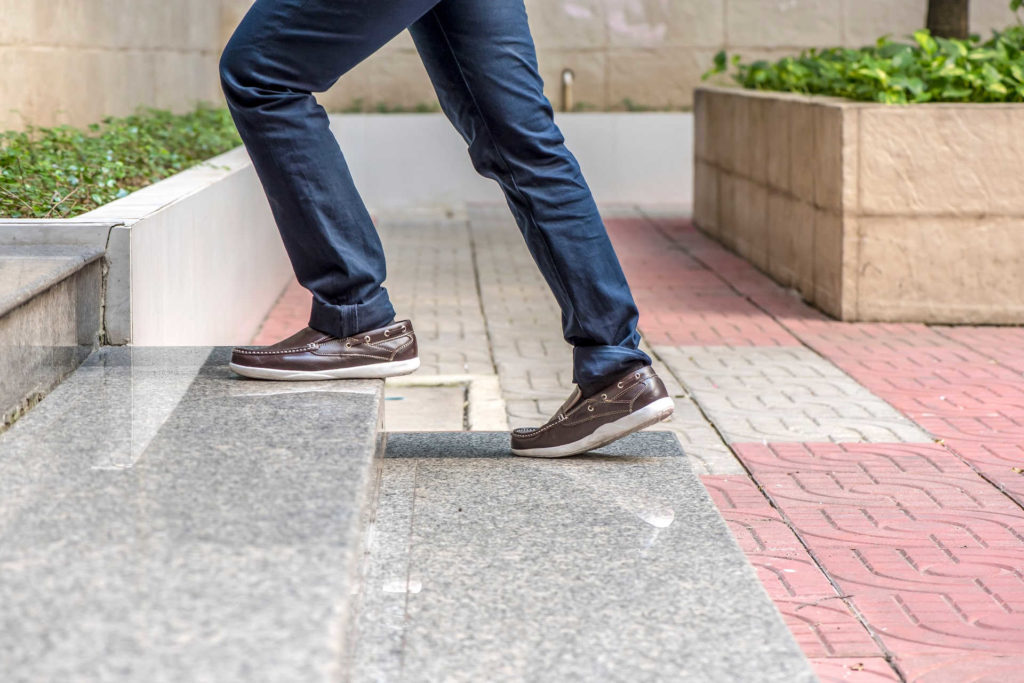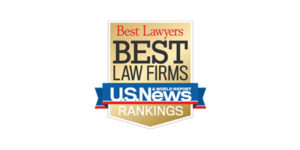
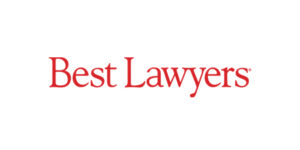
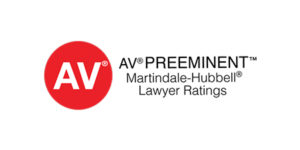
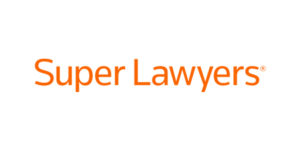
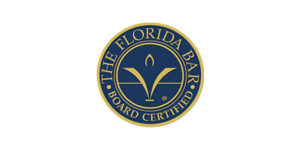
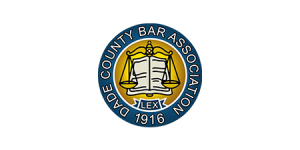
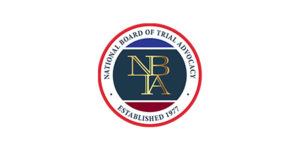
Premises Liability Attorneys Serving the South Florida Community for Over 30 Years
In a premises liability case, the injured person must be able to prove that the owner’s building negligence with respect to ownership and/or maintenance of the property resulted in the injury.
If you were simply injured on someone’s property, or even if the property is in an unsafe condition, that does not necessarily mean that the property owner was negligent. It must be shown that the property owner knew or should have reasonably known that the premises was in an unsafe condition, and still declined to take the appropriate action to remedy the situation.
What is Premises Liability?
Premises liability is a legal concept that usually comes into play during personal injury cases that occured on someone’s property due to some type of unsafe or defective condition. Personal injury cases are typically based on negligence, which in this case is the failure to use reasonable care in connection with a property.
Types of Premises Liability
There are many different types of personal injury cases that can fall under premises liability cases such as:
- Slip and fall cases
- Inadequate premises maintenance
- Defective premises conditions
- Inadequate building security leading to assault or injury
- Elevator and escalator accidents
- Dog bites
- Swimming pool accidents
- Amusement park accidents
- Water leaks or flooding
- Fires
- Toxic fumes or chemicals
There are a wide range or scenarios that can involve an unsafe condition on someone’s property. Even the presence of a potentially dangerous dog falls under the umbrella of premises liability.
Premises Liability Examples
To look deeper into some possible examples of premises liability we can break it down by type:
Slip and Fall
These are some of the most straightforward premises liability cases. This is when someone slips or trips on someone else’s property, causing a fall. Some common conditions that can lead to a slip or trip and fall include:
- Wet or oily floors
- Defective staircases
- Accumulation of snow or ice
- Hidden extension cords
- Unsecured rugs or carpets
- Loose or broken steps, sidewalks or floors
- Thresholds
Inadequate Security
Insufficient building security cases typically occur in apartment buildings or offices. Building owners have a duty to act reasonably and cautiously by securing access to these structures. This is why you’ll see large apartment buildings and offices usually have doormen or security guards as well as requirements for tenants to keep main doors locked. You may have a premises liability case against a business owner if someone breaks in or simply walks through an unlocked door and assaults or kills someone inside.
Swimming Pool Accidents
An unsupervised and unsecured pool can lead to tragic consequences, usually involving children. This is why most states and municipalities have laws and ordinances that require swimming pools to have a fence, oftentimes with a locking gate. If someone leaves their pool open and unguarded, resulting in an accident, they may be held accountable in a premises liability case.
How a Premises Liability Injury Case Works
In this type of personal injury case, the plaintiff is asserting that the dangerous condition of a property led to injury, and the property owner should be held responsible. The elements of these cases vary from state to state however, generally the injured person, or plaintiff, will need to prove:
- The person causing the injury, or the defendant, owned, occupied or leased the property
- The defendant was negligent in the operation of the property
- The plaintiff was harmed and
- The defendant’s negligence led to the harm caused.
Historically, the defendant’s standard of care would depend on the status of the person entering the premises. There are three categories visitors can fall under:
- Invitees– Someone who enters the property for the financial benefit of the defendant, or someone who enters a property generally open to the public is considered an invitee. A defendant owes invitees a duty of reasonable care in maintaining the premises and an affirmative obligation to keep the property reasonably safe.
- Licensees– Any person who has the express or implied permission of the defendant to enter the property is considered a licensee. A defendant must warn licensees of known dangers that may be a concealed assumption of risk. Social guests are licensees for example; however, if the guest is asked to leave the property and refuses, he or she becomes a trespasser.
- Trespassers– Someone who unlawfully enters or remains on the property of another is a trespasser. Trespassers are not owed any duty from defendants except to refrain from willfully and blatantly harming the trespasser.
If you or someone you love has been injured or killed as a result of a property owner’s negligence per se, you may be entitled to recover damages from a premises liability case. Call the experienced Miami attorneys at Panter, Panter & Sampedro to discuss the details of your situation and see if you may be eligible to sue.
